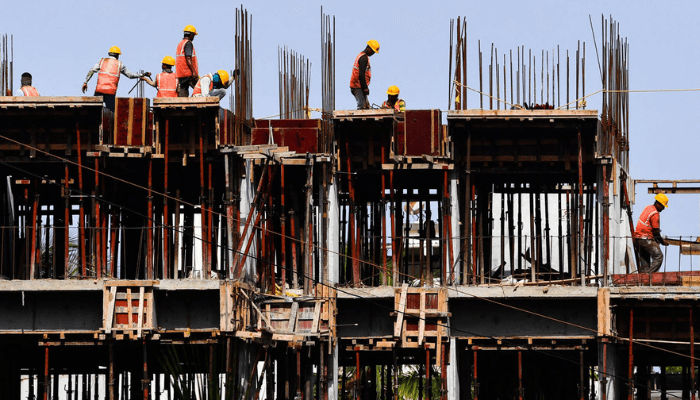Mud, timber, bamboo top alternatives to expensive building materials.
Mud, timber, and bamboo have been listed as top alternatives to expensive, largely imported, building materials that could be used to build low-cost housing in Nigeria.
Sanmi Olowosile, chairman of the Sustainable Green Environment Initiative, has urged Nigeria to rediscover the use of these local materials, explaining that with proper treatment, bamboo’s tensile strength can match conventional steel.
Read also: REITs market in Nigeria lags behind peers amid growth potential: Here’s why
Olowosile, who spoke the Sustainable Building Conference 2025 hosted by BusinessDay, explained further that the bamboo plants also regenerate within 18 months, absorb carbon, and can create jobs if policies were in place to scale its usage.
“Importantly, such policies could attract the much-needed funding to power the almost 30 million housing unit deficit in Nigeria,” he said, pointing to Rwanda’s thriving Climate Fund as proof that intentional policy attracts billions in support.
As a way to check rent increase, Architect George called on the government to improve the road and rail transportation network, to encourage more people to move away from overcrowded commercial centres, to neighbouring locations where rents are more affordable.
Read also: House prices to drop as FG gets land for building materials hub in LFTZ
This has become necessary as a recent poll reveals that 72 percent of Nigerian workers spend 40 percent of their salary on house rents.
This was one of the findings in the recently conducted BusinessDay Talk Exchange polls on the State of Housing in Nigeria.
“72 percent of respondents spend between 4 to 6 months of their annual salaries on house rents, amounting to about 40 percent of their income,” the poll revealed.

